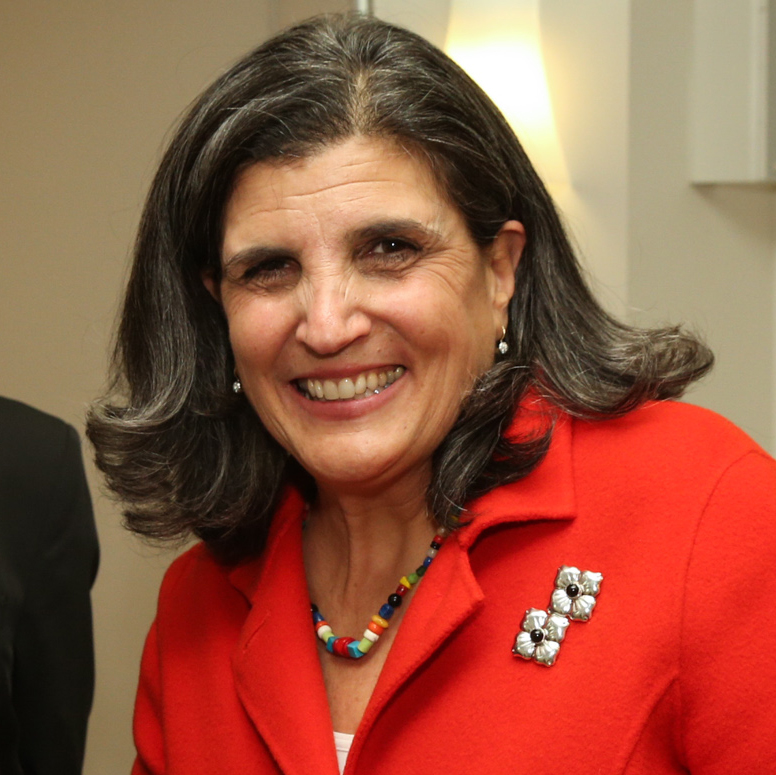My summer camp had its own time zone. Literally. We would scurry off the bus, shriek with joy and immediately change our watches (yes, watches). While the country enjoyed an extra hour of sun, camp used what was affectionately called Herzl Time (HT). While the rest of the world craved more daylight, the all-powerful camp administration deemed it wiser to maintain earlier sunsets. When we uttered the ma’ariv aravim prayer each evening, it coincided with the great mixing of day and night’s colors, blue to orange to pink sky reflecting on still lake waters. Campfires burned brighter and dark of night crept in conveniently synced with “light out.” While we understood the technical reasons for camp time, we were captivated by its loftier symbolism. Camp was our magical destination, a place so special, so removed from school and the rhythm of the year, it merited its own time zone. As summer 2021 approaches, I pray that thousands of kids will return safely to camp time.
It is said that at camp the days go by like weeks and the weeks go by like days. Go ahead, read that again. To what might you apply this description in your own life? Some might say it of parenting little ones, others might say it of life itself, especially as we grow older. The sense that time speeds up as we age is well documented by psychologists. And there are those who would use these words to characterize the passing of time in a pandemic.
Our Wexner team has been zoom meeting every Monday morning for several years. But this last year our meetings have had a decidedly different quality. They open, more often than not, by naming our continuously unfolding reality directly or indirectly. It is Monday and we are still isolated, still in our own homes. Another week and we still do not know when (or if?) things will change. It is a new week, how is everybody doing? The weeks and then the months piled up and most Mondays we opened the new week with a collective deep breath before moving forward with our work, even if how far forward we could plan remained unclear. Even if we only knew it was Monday because we were in our scheduled meeting!
As we emerge slowly from lockdowns and our doors open to let in spring breezes and ah yes, to welcome (vaccinated) friends safely back to our shabbat tables, many are reflecting on “pandemic time.” It is confusing. Indeed, the weeks slipped by swiftly even if our Groundhog Days blurred together. Work and home life boundaries vanished even if we aspired to maintain a healthy separation. I failed miserably at this distinction. And while my morning minyan could not meet, I endeavored to offer daily gratitude for both meaningful work and the comforts of home. The merging of identical days can result in the creation of fewer new memories, which, we learn, are crucial to our sense of time perception. Memories are the emotional markers we use to mark the passage of time, the way we hold and appreciate times gone by.
While I have no evidence, it is likely that most within the Jewish community will bookend Covid Time from Pandemic Pesach Aleph א (No end in sight/What is happening?/Zoom seder? Cool!) to Pandemic Pesach Bet ב (Enough already/ Seeing the light?/ Zoom seder? Ugh!). Our memories of these pandemic bookends will be unique and retold around seder tables for generations to come. We continue the cycle of marking time and making memories. This is what we have always done. We take note of the moon, of the sun’s rising and its setting. We celebrate the season to plant and to sow. We light candles that shimmer with hope in early winter, count the days from leaving Egypt to arriving at the Mountain, seven weeks from Redemption to Sinai. Indeed, the very first command we receive as a collective is to be mindful of time:
This month shall mark for you the beginning of the months; it shall be the first of the months of the year for you. (Ex. 12:2)
הַחֹ֧דֶשׁ הַזֶּ֛ה לָכֶ֖ם רֹ֣אשׁ חֳדָשִׁ֑ים רִאשׁ֥וֹן הוּא֙ לָכֶ֔ם לְחָדְשֵׁ֖י הַשָּׁנָֽה
The sages teach that the use of the word lachem לָכֶ֔ם / for you (plural) stands out. It is a communal invitation from Hashem to make time holy. We are summoned to witness the phases of the moon. This interpretation is bolstered by the fact that the Hebrew word for time, z’man shares a root, z.m.n [ז.מ.ן] with the word hazmana, invitation. This verse comes to tell us that every moment invites us to create meaning. How remarkable that in a year of staying home, a year without guests or in-person shul, Shabbos has remained for me a welcome respite from Covid. Marking time as sacred is an exquisite force in Jewish life…by Divine design.
In his one man show Wasting Time With Harry Davidowitz, composer Danny Maseng tells his personal Jewish story leaning into the wisdom of his Grandfather. The central teaching of his wise Saba is captured in the closing line of the show. Maseng holds the audience’s gaze and whispers Harry’s poignant instruction before they exit. “Don’t waste time.” Go ahead, whisper that again.
In this era known for its unpredictability, we rely on the predictability of the moon, which appeared as new this past Sunday. Today is the 3rd of Iyar. It is Yom Ha’atzmaut and we celebrate 73 years of the State of Israel’s Independence. It is Day 18 of the Omer and when we get to Day 49 we will be ready for the festival of Shavuot. We can count on that. And please God we will be that much closer to the light. Days may continue to pass like weeks and the weeks may fly by like days over the warm months ahead. As we anticipate reclaiming some version of normal, let us, both individually and collectively respond to the holy summons to fill our days with meaning. We are eternally invited to live inside of Judaism’s time zone. Let us be ceaselessly grateful for that invitation and say “Yes!” time and time again.

Get To Know The Author
Rabbi Elka Abrahamson is President of The Wexner Foundation.

